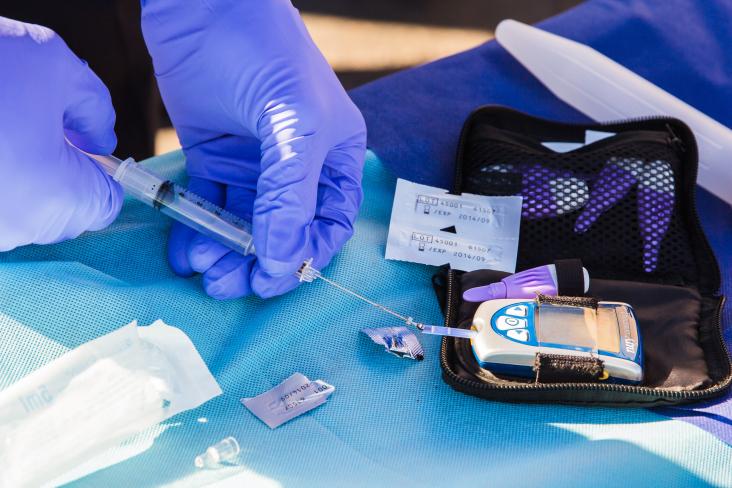Public policy and linked social action must address the structural or intermediary social determinants of health. Though policy decisions or reform is one of the social action approaches, the programmatic, regulatory, and community development approaches need to be efficiently used. The COVID-19 pandemic expedited and facilitated collaboration with people outside the health sector. Such established and better-performing collaborations and social actions need continuation and expansion to other areas for better health and well-being. The national and subnational multisectoral action plan and its effective implementation can facilitate the “Health in All Policies” and address most of the social determinants of health.
This review is to provide a comprehensive overview of recent developments in deep learning methodologies applied to brain MRI images for the classification of various stages of Alzheimer's disease, with a particular emphasis on early diagnosis. Furthermore, this review underscores the limitations of current research, discussing potential challenges and future research directions in this dynamic field.
This Article supports Sustainable Development Goal 3 by showing that although there was an increase in prescribing of antipsychotics to people with dementia during the COVID-19 pandemic, this increase was not responsible for the large increase in all-cause and stroke mortality in this population.
This Article supports Sustainable Development Goal 3 by identifying an independent relationship between anxiety and subsequent cognitive progression in older people without dementia; these findings suggest that treating anxiety and targeting mitochondrial dysfunction may be effective in preventing dementia.
This Article supports Sustainable Development Goal 3 by advancing our understanding of the possible role of active immunotherapy against amyloid-β in individuals with mild Alzheimer's disease; the findings of this phase 2a study support the continued clinical development of UB-311 as an active immunotherapy for Alzheimer's disease.
This study supports SDGs 3 and 6 by showing that areas with better access to drinking water and sanitation had a lower abundance of antibiotic resistance genes, suggesting that increasing access to water and sanitation could effectively reduce the spread of antibiotic resistance in low-income and middle-income countries
Daily oral pre-exposure prophylaxis (PrEP) is effective in preventing HIV infection, MSM and TGW who exchange sex can have high PrEP uptake, persistence and adherence, and low HIV incidence when offered in supportive community-based settings.
Background: Towards hepatitis C elimination among people who inject drugs (PWID), we assessed the effectiveness of a strategy consisting of a community-based respondent-driven sampling (RDS) as wide s
This Article supports SDG 3 by showing that men who have sex with men (MSM) in Africa remain highly vulnerable to HIV acquisition and HIV-related mortality and morbidity, undermining the Global AIDS Strategy to end AIDS; realising the UNAIDS 95-95-95 targets and reducing disparities in HIV incidence requires urgent efforts to strengthen community-led prevention efforts.

